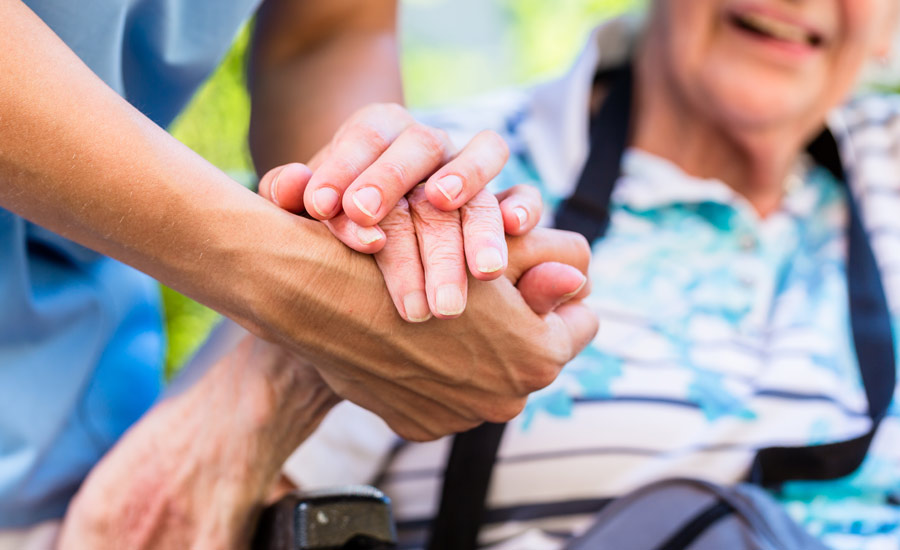Is Your Loved One Safe? How Care Homes Handle Emergencies and Crises

Choosing a care home means trusting others with your loved one’s safety.
As a family member, you want to know how day-to-day care is managed, including how emergencies are handled.
This article explains the emergency protocols care homes put in place, how staff are trained to respond and what families can expect if a crisis occurs.
What Emergency Protocols Do Care Homes Have in Place?
Care homes follow set emergency plans to keep residents safe. These usually cover:
- Fire safety – alarms, evacuation routes, fire drills and trained staff.
- Medical emergencies – staff qualified in first aid and CPR, fast access to doctors and hospitals.
- Severe weather or power cuts – backup power and transport for evacuation if needed.
- Infectious disease outbreaks – isolation procedures, PPE, hygiene protocols and links with local health services.
- Security and missing residents – visitor checks, lockdown steps and rapid response if a resident goes missing.
- Family communication – clear systems for updating relatives quickly during a crisis.
Care Home Staff Training and Drills
Emergency plans only work if staff know exactly what to do. From carers to kitchen staff, every member of the care home team is trained to respond calmly and quickly in a crisis.
- Regular training ensures staff can handle fires, medical incidents and evacuations.
- Practical drills are carried out so teams can practice what they’ve learned and identify any gaps.
- Medical response skills such as CPR, first aid and using defibrillators are refreshed often, so staff remain confident under pressure.
- Infection control training covers how to contain outbreaks, use protective equipment and protect vulnerable residents.
Ready to explore...
Regulations and Inspections
Care homes are legally required to have emergency procedures in place, and regulators regularly check these. Here in the UK, for example, the Care Quality Commission reviews whether providers have clear plans for fire safety, medical emergencies and infection control, as well as evidence that staff are trained to follow them.
During an inspection, regulators may look at drill logs, review how recent incidents were handled and ask staff to explain what they would do in different scenarios. This confirms emergency planning is something staff can put into action. For families, it’s a safeguard that care homes are tested on how well they can protect residents when it matters.
What Families Should Ask Care Homes About Emergencies
When choosing a care home, it’s worth asking how they prepare for emergencies and how often staff practice those procedures. Direct yet straightforward questions can reveal a lot. For example, you might ask how frequently fire drills are carried out, what happens if there is a power cut or extreme weather and how quickly families are contacted if something serious occurs.
A good care home will be open about its processes and happy to explain how it keeps residents safe. These conversations not only give you peace of mind but also demonstrate to the home that safety and communication are priorities for you and your loved one.
Peace of Mind Through Preparation
It’s worth noting that emergencies in care homes are rare, but being prepared for them is essential. As a family member, you have every right to ask how a home handles crises and to expect open, confident answers. Choosing a care home that takes safety seriously will protect residents and also reassure families that their loved ones are in capable hands.
Ready to explore...
